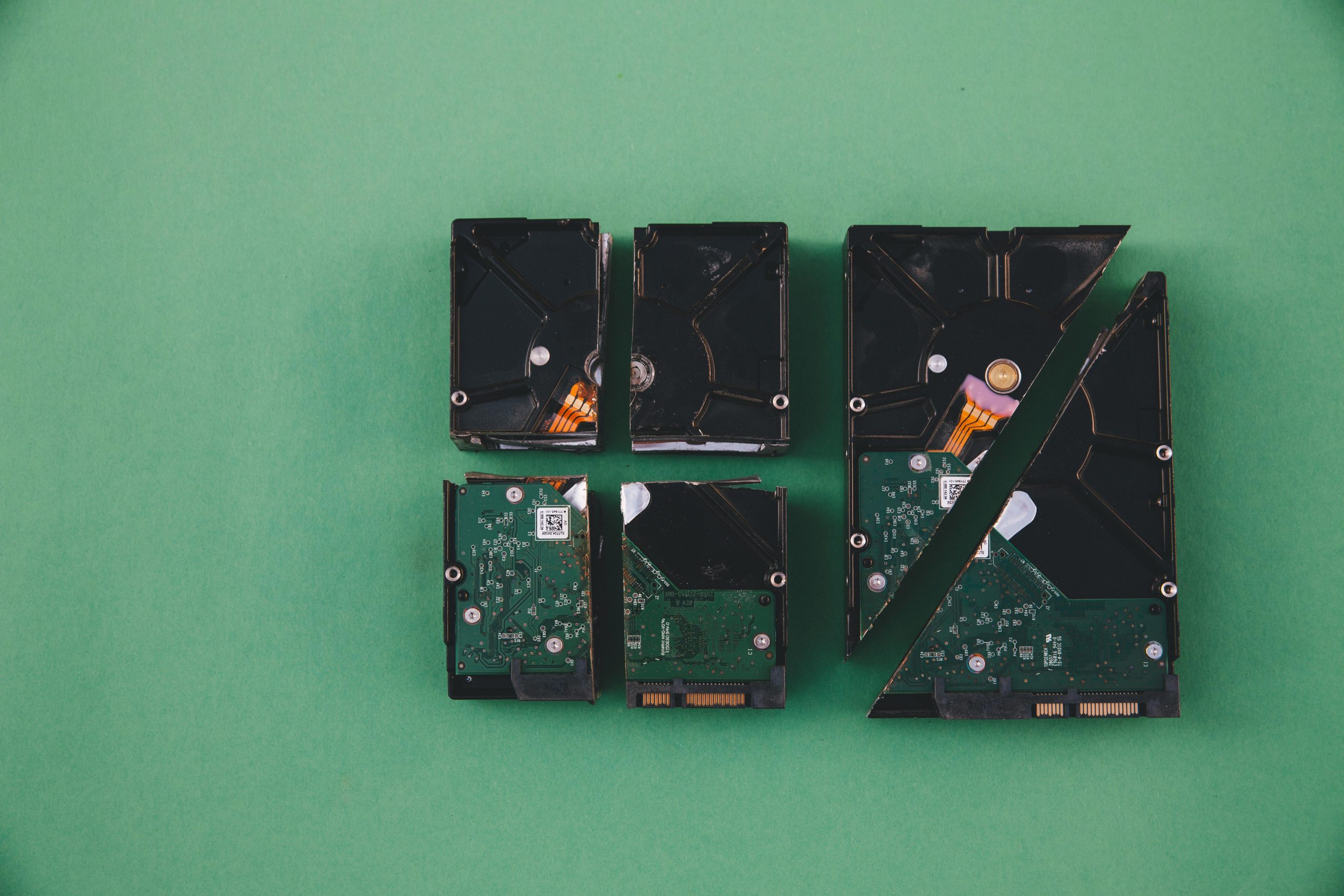Understanding SSD Corruption: Does It Signal Failing Hardware?
Solid State Drives (SSDs) have revolutionized data storage with their speed and reliability. However, encountering SSD corruption can be concerning for any user. Many wonder: does this corruption indicate that the hardware is on the verge of failure, even if formatting the drive restores functionality temporarily?
To begin, it’s important to differentiate between transient issues and symptoms of deeper hardware problems. SSD corruption can result from a variety of factors, including power failures, improper shutdowns, or even software conflicts. In some cases, reformatting the drive may indeed resolve these issues, leading you to believe that everything is back to normal.
However, persistent corruption is a red flag. If your SSD frequently encounters corruption, it may signal underlying hardware concerns. SSDs, unlike traditional hard drives, have a finite number of write and erase cycles, and accumulated wear can lead to performance degradation. Additionally, firmware bugs and controller failures can occur, potentially leading to data loss.
It’s also worth mentioning the role of external factors. Environmental issues, such as extreme temperatures or humidity, can impact the integrity of your SSD. Regular monitoring of your drive’s health status through SMART (Self-Monitoring, Analysis, and Reporting Technology) data can provide insights into its performance and longevity.
In conclusion, while Single instances of SSD corruption might not necessitate immediate panic, they should certainly warrant caution. If you find yourself dealing with recurring issues, it’s advisable to back up your data and consider a thorough evaluation of your hardware. Proactive monitoring and proper maintenance are key strategies to ensure your SSD remains reliable in storing your critical information.
Share this content:




Thank you for reaching out with your question. SSD corruption does not always indicate immediate hardware failure; transient issues like power outages or sudden shutdowns can cause temporary corruption, which may be resolved through reformatting and proper troubleshooting. However, if you notice recurrent corruption or see SMART data indicating increasing bad sectors or wear levels, it’s a strong sign that the SSD might be approaching the end of its lifespan. I recommend regularly monitoring your drive’s SMART status using tools like CrystalDiskInfo or the manufacturer’s utility, backing up your data frequently, and considering a replacement if hardware deterioration is indicated. Also, ensure your environment remains within the recommended temperature and humidity ranges to prevent external factors from impacting your SSD’s health. If persistent issues continue, performing a full diagnostic with the manufacturer’s tools or consulting with the hardware vendor can help provide a definitive assessment of your drive’s condition.